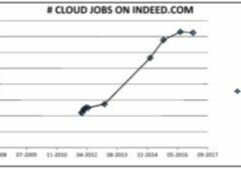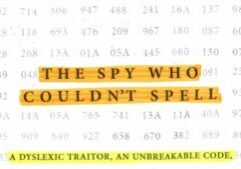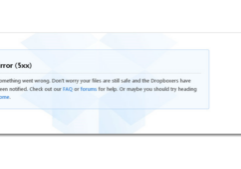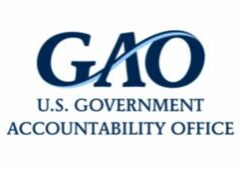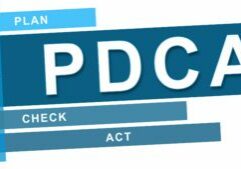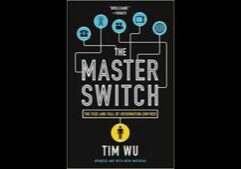The New York Times ran an interesting story on January 5 about a House Republican inviting input from businesses on which regulations were impeding economic recovery. I am sure the House will get at least a few comments on this topic. Since I had just finished reading Professor Tim Wu’s new book–The Master Switch–I had the distinct feeling I had seen this process before.
All security professionals operate in a highly regulated environment and more information security regulations can be expected in 2011. The Internet is a commons and needs regulation, but it is not clear if this should be government regulation, private industry self-regulation, or a combination of both. Government regulation recently has seemed inept and unable to prevent either disastrous financial meltdowns or near-disastrous oil spills.
Professor Wu’s interesting book documents the interplay of industry and government control in the telecom and media business over the past 100 years. One theme of this book is the attempt by the industry to control the regulatory process for the benefit of specific industry players. It is not a pretty picture nor an optimistic picture. The author does offer the idea that all of us need to be involved in the regulatory process at some level. Ultimately regulations or lack of regulations are just a reflection of the political trends of the times. Security professionals need to be heard in this process just as much as industry lobbyists. Professional group activities are one way to participate.
You might think there is no way you can have any influence. However, a friend recently forwarded me a success story about government regulation. This is the story, by another professor, Herbert Needleman, of the successful regulation and control of lead in the environment. While this took 30 years, the level of lead in the air decreased by 30X from the days of lead-containing gasoline. Most interesting is the description of lead industry research purporting to show that rats with lead-containing diets were healthier than rats with no lead!! The other interesting point in the lead story is the almost heroic work of a few people, who ultimately were proved right. One individual can make a big difference even in Washington.
Book an Appointment for Cybersecurity Issues
Request an appointment with Dr. Fred Scholl. We will discuss any cybersecurity issues you have.






















